[Part 3] Canvassing with the Kamala Harris campaign in Phoenix, AZ
Our final day canvassing in Phoenix alongside dozens of fellow volunteers from Southern California brought unexpected connections and moments that reminded us why every conversation matters.
This is the third and final part of my three-part series recounting my experiences as a volunteer with the Kamala Harris campaign in Phoenix, Arizona. Thanks for reading, and I hope you found it both informative and inspiring. Part 1 and 2 are linked below.
For more detailed information about the Harris|Walz platform, visit kamalaharris.com.
Please vote. Your voice is your power.
Sunday. October 27, 2024.
Let’s talk about canvassing
By this point in the weekend, after handing out countless campaign flyers, I found myself wondering about the true impact of canvassing. It’s easy to question its effectiveness when most doors go unanswered or when interactions are brief. But there’s compelling research that shows door-to-door canvassing remains one of the most effective ways to increase voter turnout. I kept hearing about this all weekend long, so I wanted to find some actual numbers.
Studies suggest that canvassing can boost turnout by as much as 8.7%, a significantly higher rate than phone banking or sending direct mail. When we consider the potential of that number, especially in a tight election, it underscores the importance of this effort. Even though it may feel somewhat useless when most people don’t open the door, it’s the handful of meaningful conversations, like the one with Juan holding his elote, that can make a difference.
At its core, canvassing is about making sure voters feel seen. It’s not just about delivering a message; it’s about connecting with someone on a human level, acknowledging the issues they care about, and building trust. And that’s where the difference between traditional canvassing and deep canvassing becomes crucial.
Traditional canvassing tends to be more transactional, you knock, tell them who to vote for, and move on. The exchanges are often brief, and while they serve a purpose, they don’t always leave a lasting impression. Deep canvassing, on the other hand, focuses on creating meaningful, emotional connections. Instead of simply telling someone to vote for your candidate, you engage them in a conversation that taps into shared values and experiences. This approach is more time-intensive, but research shows it can lead to lasting attitude shifts.

A fascinating example I found of deep canvassing’s potential comes from a study that explored whether brief, door-to-door conversations could reduce transphobia. Canvassers encouraged voters to engage in perspective-taking, asking them to reflect on their own experiences of feeling judged. The results were pretty incredible: not only did it lead to a lasting reduction in prejudice against transgender people, but the effects persisted for months. Voters were also more likely to support nondiscrimination laws afterward.
This study highlights a crucial takeaway for political canvassing: brief, personal interactions can have a lasting impact, even on deeply held beliefs. By engaging in thoughtful conversation, campaigns can engage voters on a deeper level, potentially shifting their views and creating more openness to candidates. While the immediate goal might be voter turnout, the long-term effect could be an increase in empathy and understanding across political divides.
So to be effective canvassers, we need to move beyond just delivering information and focus on human connection. This means asking open-ended questions that invite voters to share their own experiences. By listening intently and sharing personal stories in return, we can create a space where voters feel heard and respected. It’s not always about changing minds in the moment, it’s about planting seeds of connection and trust that could influence future decisions.
Even when a voter seems uninterested or hesitant, maintaining politeness and respecting their boundaries can ensure that the interaction ends on a positive note. Every encounter is an opportunity to represent the campaign with dignity and build a bridge, however small, with the voter.
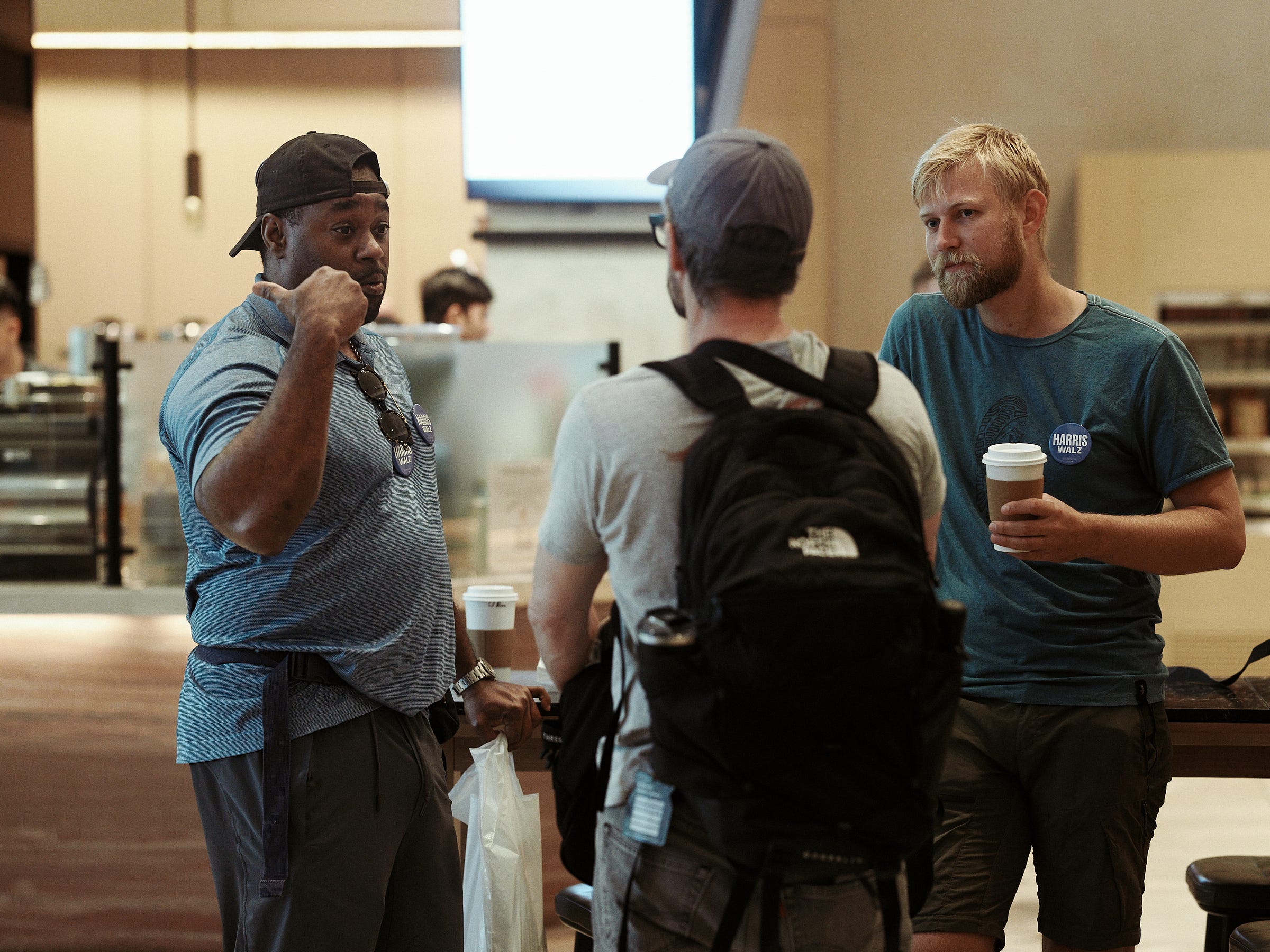
On Sunday morning, Timmy and I talked about what we had learned so far. I’ve always been fascinated by human psychology, and this experience was already a perfect demonstration of how even small gestures, a smile, genuine curiosity, and our shared experiences, can be as impactful as any flyer or script.
We also connected with other volunteers who shared similar stories of unexpected interactions and small victories. After some much-needed coffee and breakfast, we were ready for another morning shift of canvassing before our final ride back home to LA.
The Last Turf
We knew our time was running short. By noon, we were expected back at the campaign office, ready to board the bus for our journey back to Los Angeles. That meant our Sunday morning shift had to be more efficient than ever. Despite the challenges of the previous day, we were still motivated, determined to make the most of these final hours.

After deciding at the campaign office on our new list number for canvassing, we were ready to go. This time, our friend Nick joined us. His canvassing partner from the day before was covering a different neighborhood, so we had a new strategy: Timmy and I took one side of the street, Nick the other, with just enough distance to cover ground but always within reach in case one of us needed support.

Our expectations were subdued, but to our surprise, Sunday morning was different. More doors opened. More conversations unfolded. People seemed more receptive, maybe because it was Sunday, maybe because we had found our rhythm, or perhaps, simply the new neighborhood. Whatever the reason, the shift quickly gave space to warm interactions, each one a small, meaningful connection to the voters who would help decide the outcome of this election.
One conversation stood out in particular. A woman named Rose, a Native American elder, greeted us with a cup of coffee in hand, her kind eyes welcoming us onto her porch. With her family inside, all Democrats, she spoke passionately about her excitement to vote for Kamala Harris. But what struck me most was her frustration with members of her own tribe who supported Trump. She talked about the challenges in her community, about her neighbors who were also voting for Harris, and about the pride she felt in this moment.
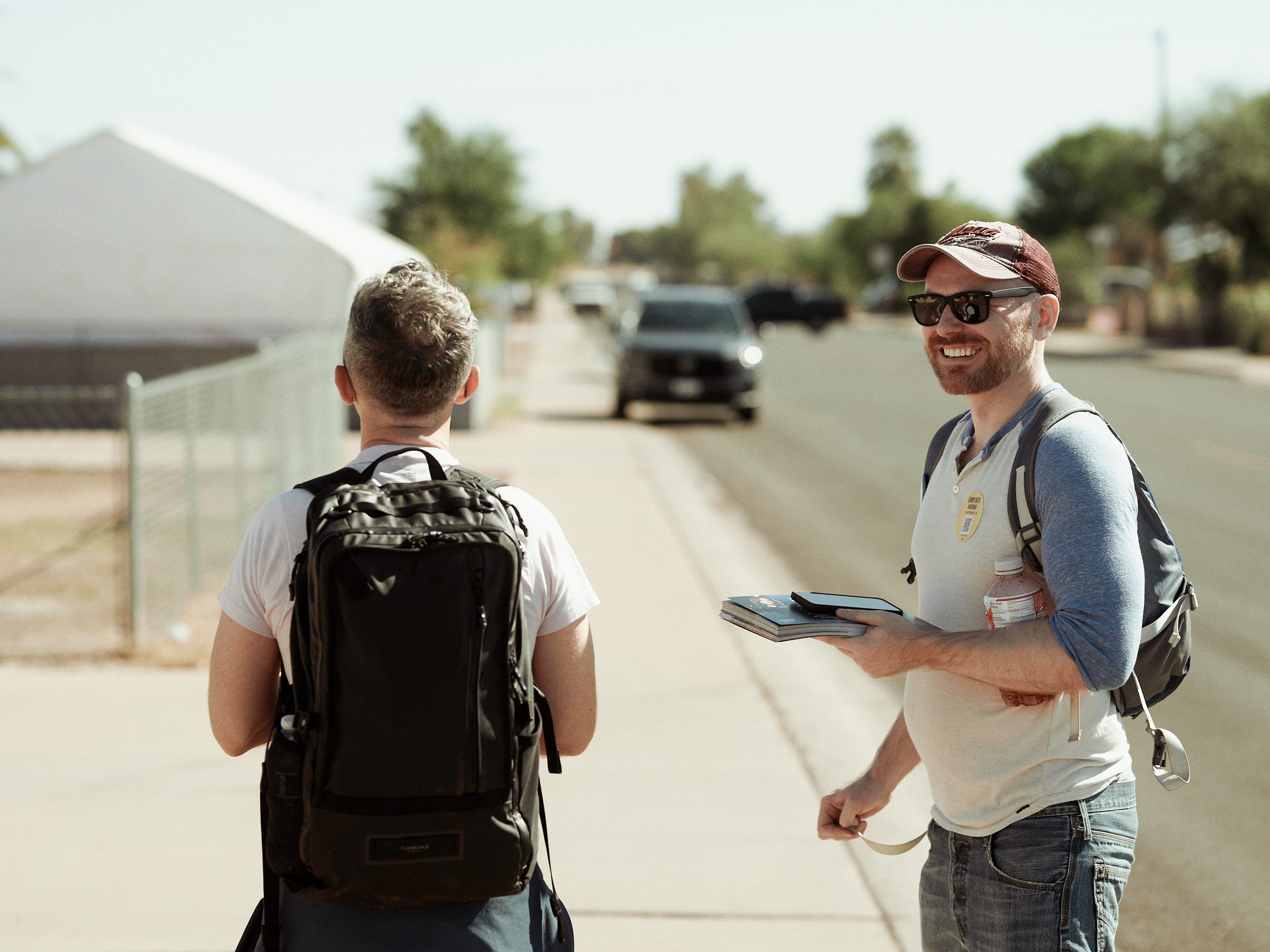
Rose’s warmth and openness turned what could have been a simple interaction into something special. She was deeply moved when she found out we’d come all the way from California to help with the campaign. Her gratitude, her belief in Harris’ platform, and the connection we shared in that brief exchange made the entire experience feel worthwhile. It reminded me why we were here, why any of us do this work.
In that moment, I felt a renewed sense of purpose, and from then on, the rest of the shift felt lighter, filled with even more positive conversations, including a supportive voter surrounded by barking chihuahuas. People were excited about this election, excited to see a future they believed in. It was the perfect way to close out the weekend, knowing that, in our small way, we had contributed to something much larger than ourselves.
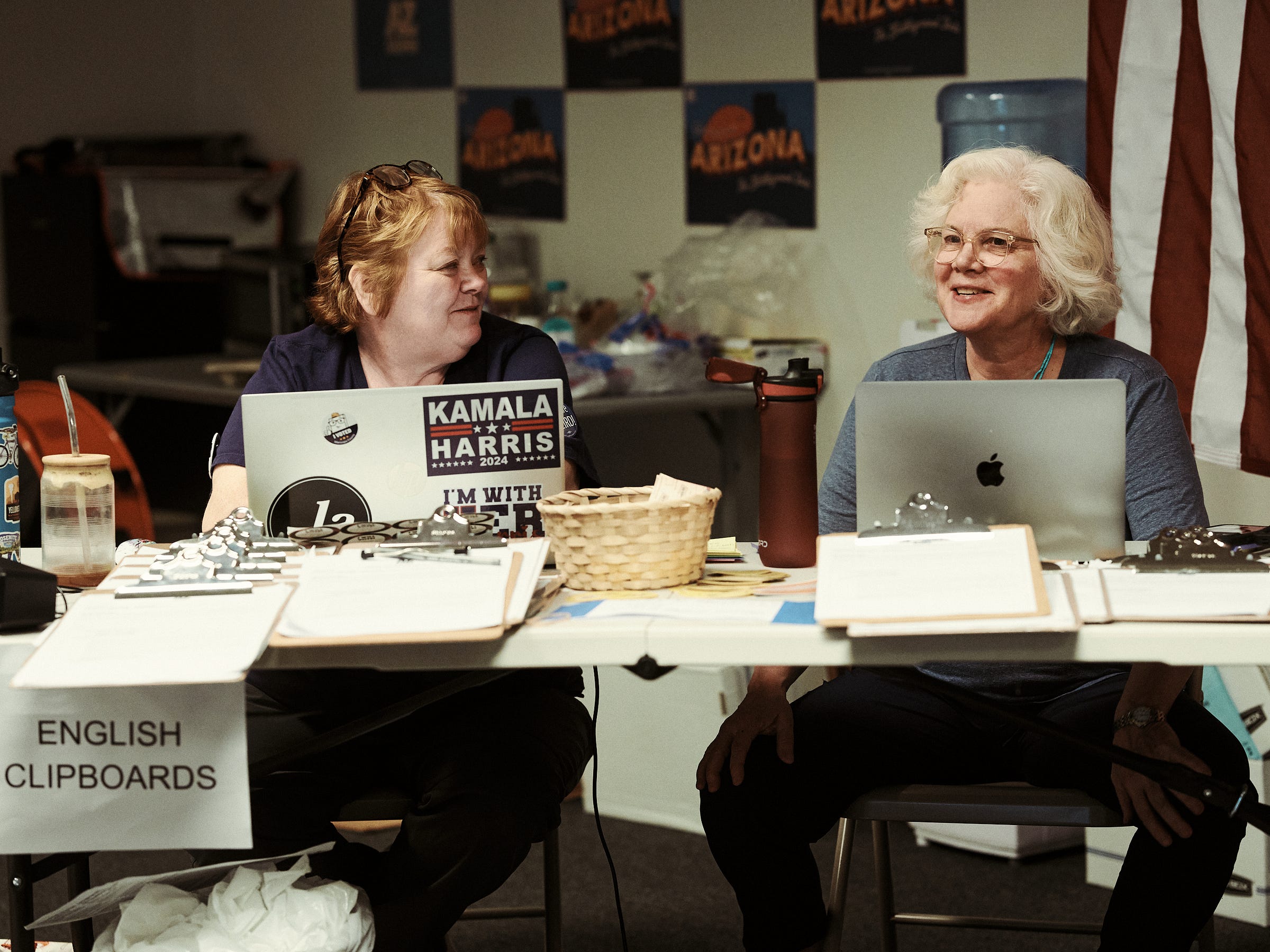
As the bus rolled out of Phoenix and we headed back to Los Angeles, I found myself once again looking out the window, watching the desert landscape roll by as we chased the sunset westward. I felt lucky. Lucky to have been part of this small but impactful group of people working for a better future. Lucky to have spent the weekend beside my boyfriend, who shares so many of my values and passions, and who constantly inspires me with his selflessness.
For the first time in a while, I also felt hopeful. Not just for this election, but for the reminder that each of us, no matter how small our role, can make a difference. Democracy is fragile. That has never been more clear. But it’s built on moments like these, on everyday people showing up, connecting with one another, and doing their part to move the needle forward. When we come together, we have the power to protect, nurture, and shape the future.
One conversation, one vote at a time.





![[Part 1] Canvassing with the Kamala Harris campaign in Phoenix, AZ](https://substackcdn.com/image/fetch/$s_!GEd9!,w_140,h_140,c_fill,f_auto,q_auto:good,fl_progressive:steep,g_auto/https%3A%2F%2Fsubstack-post-media.s3.amazonaws.com%2Fpublic%2Fimages%2Fe3009290-6a0b-4f26-bb8b-9589970b1bbc_2800x2100.jpeg)
![[Part 2] Canvassing with the Kamala Harris campaign in Phoenix, AZ](https://substackcdn.com/image/fetch/$s_!E5i1!,w_140,h_140,c_fill,f_auto,q_auto:good,fl_progressive:steep,g_auto/https%3A%2F%2Fsubstack-post-media.s3.amazonaws.com%2Fpublic%2Fimages%2F7b48d430-63a3-416b-8b11-fe729c97cbcb_2800x2100.jpeg)
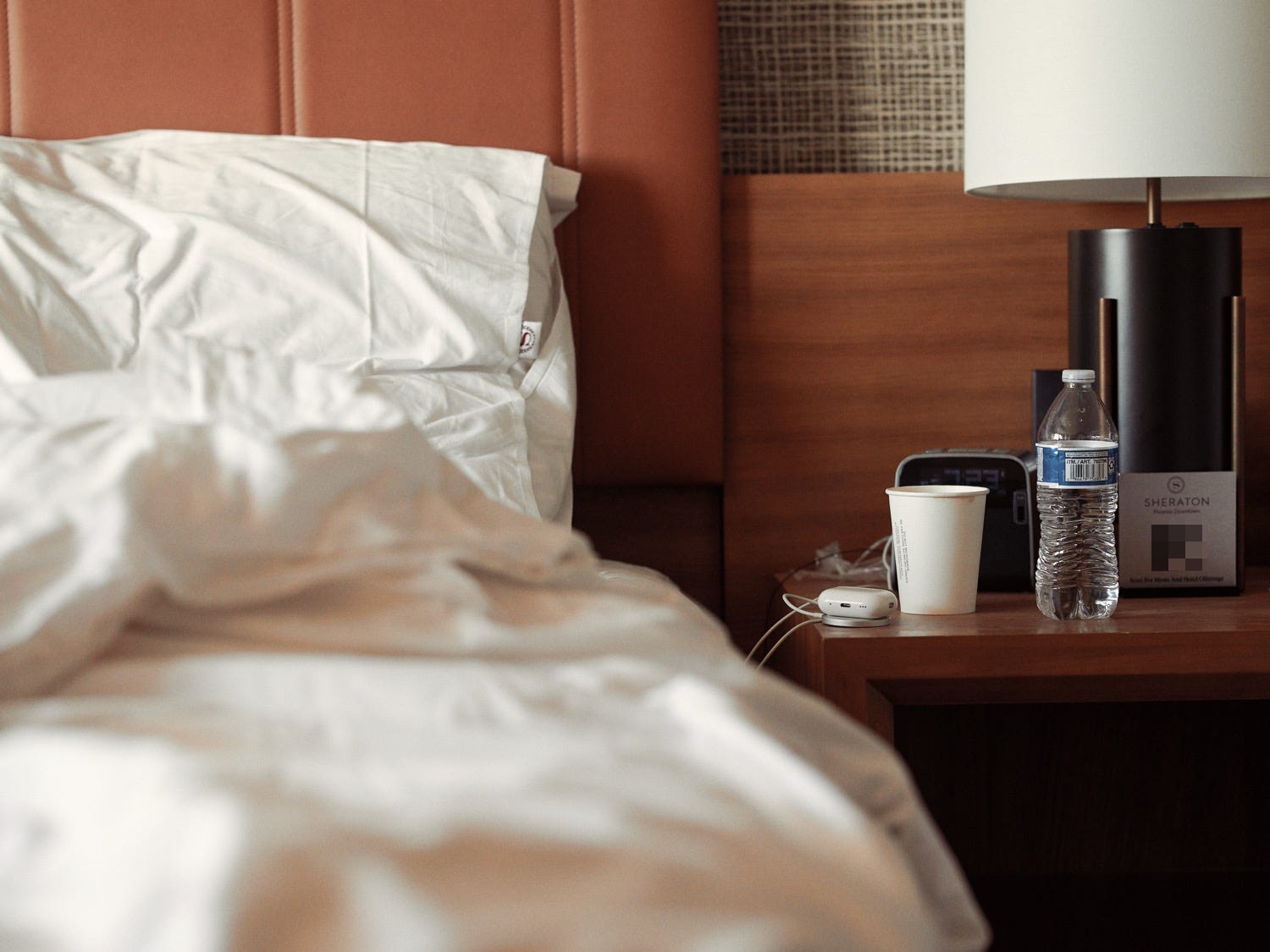
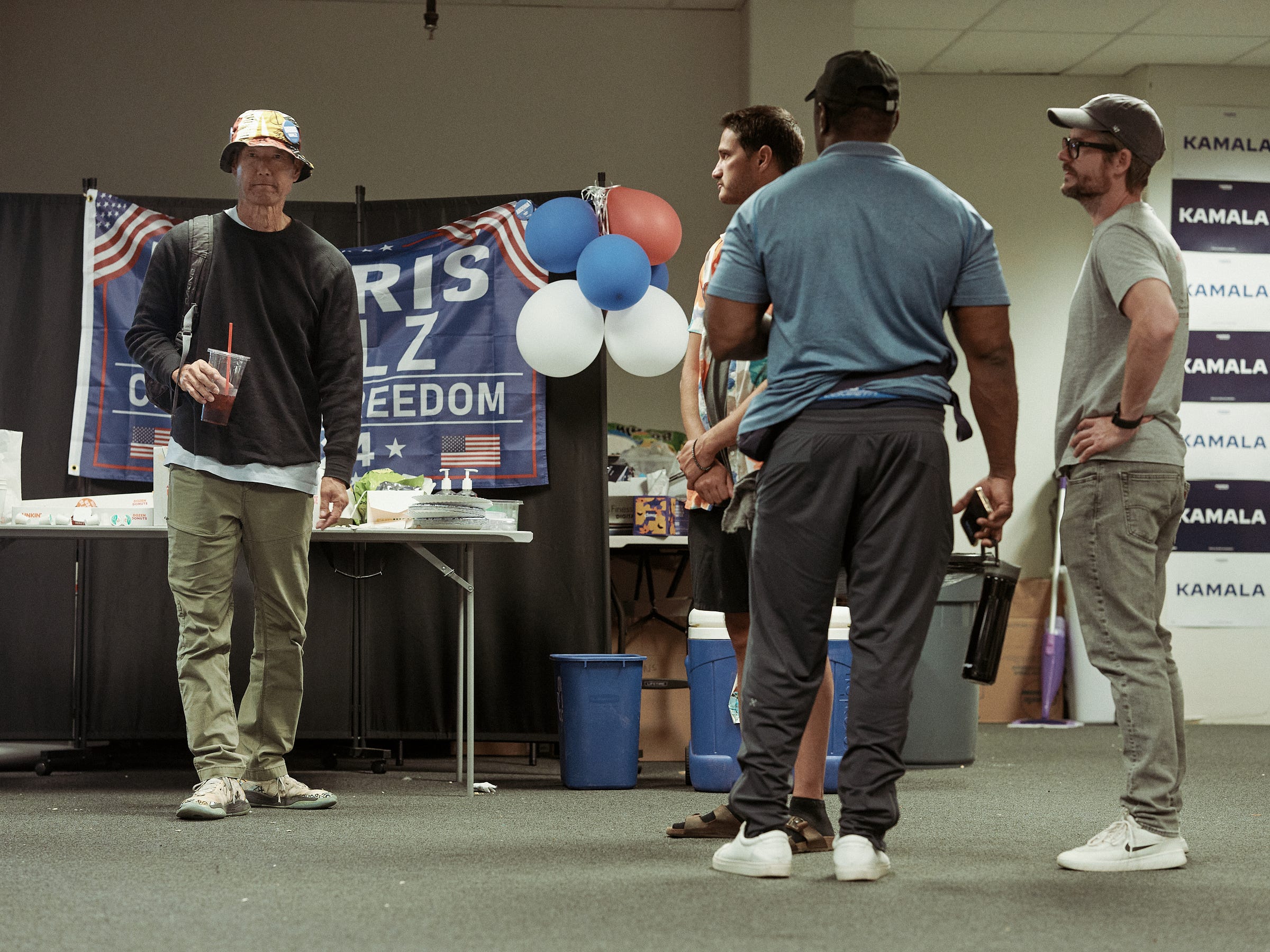
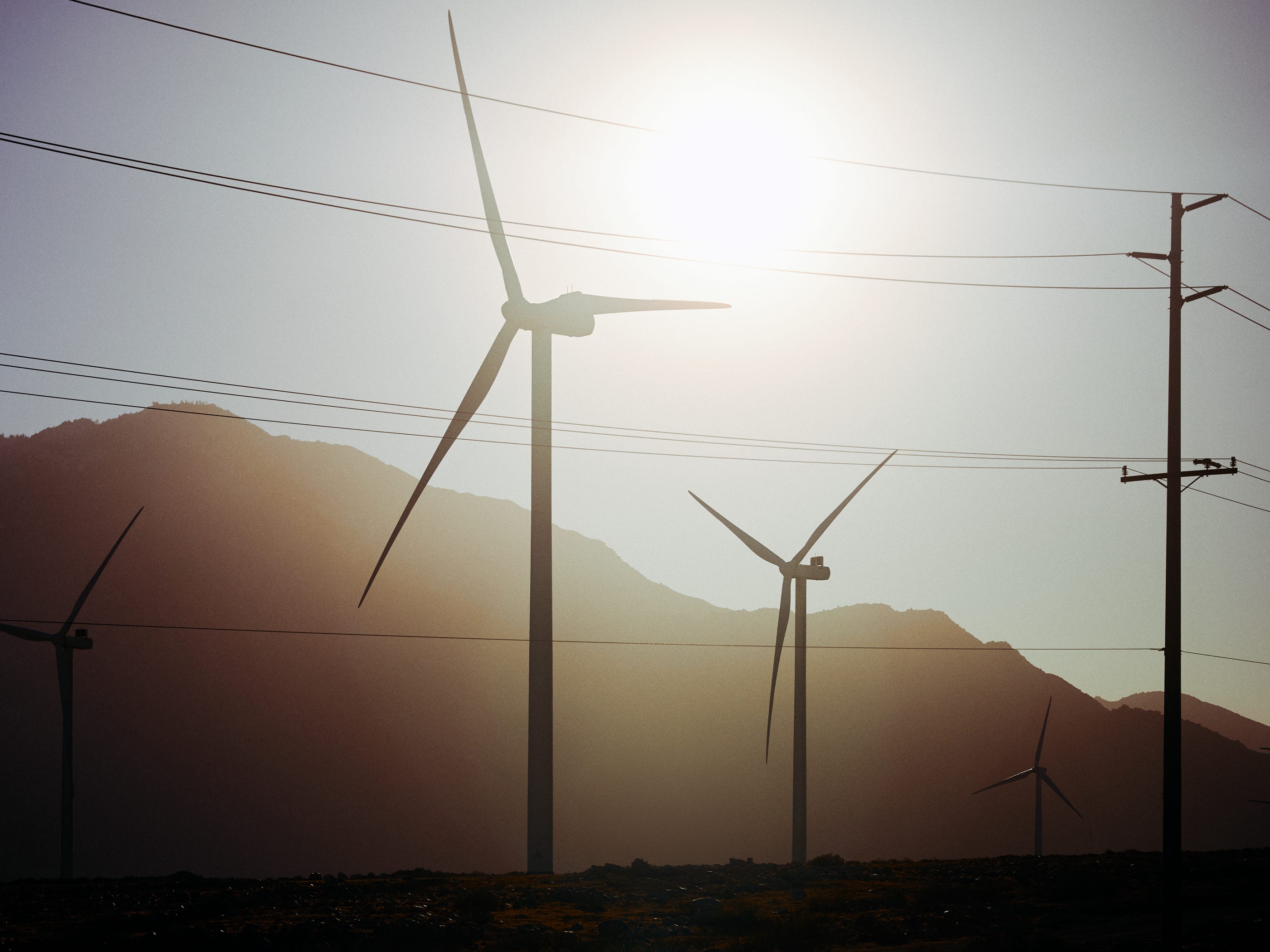
I loved this series. I'm so proud of your work, babeeee :)